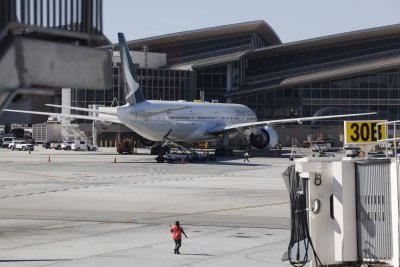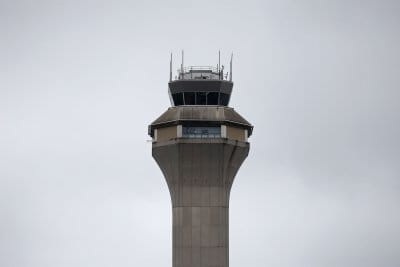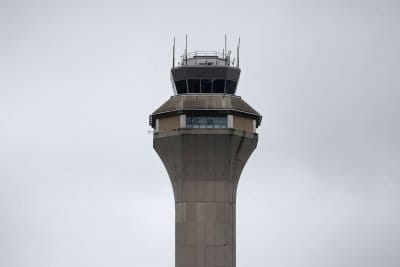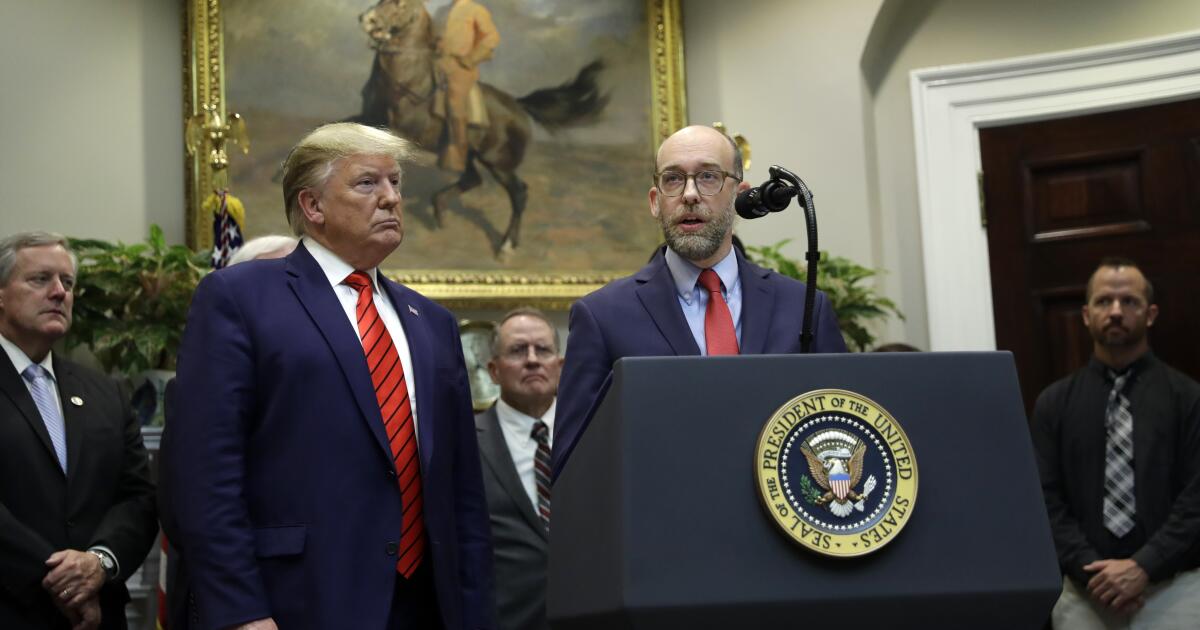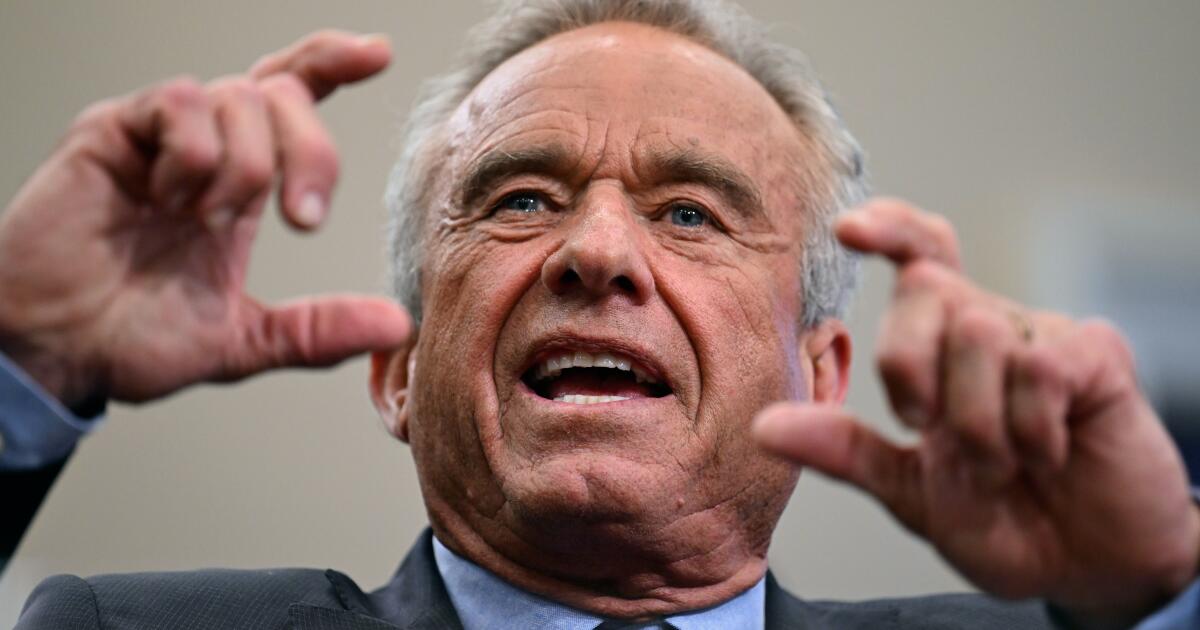WASHINGTON — Democrats and Republicans alike raised concerns on Wednesday about deep staffing cuts, funding freezes and far-reaching policy changes overseen by U.S. Health and Human Services Secretary Robert F. Kennedy Jr.
A bipartisan group of lawmakers questioned Kennedy’s approach to the job, some saying that he has jeopardized vaccine uptake, cancer research and dental health in just a few short months.
In combative and at times highly personal rejoinders, Kennedy defended the Trump administration’s dramatic effort to reshape the sprawling, $1.7-trillion-a-year agency, saying it would deliver a more efficient department focused on promoting healthier lifestyles among Americans.
“There’s so much chaos and disorganization in this department,” Kennedy said on Wednesday during the Senate hearing. “What we’re saying is let’s organize in a way that we can quickly adopt and deploy all these opportunities we have to really deliver high-quality healthcare to the American people.”
During tense exchanges, lawmakers — in back-to-back House and Senate hearings — sometimes questioned whether Kennedy was aware of his actions and the structure of his own department after he struggled to provide more details about staffing cuts.
“I have noted you’ve been unable, in most instances, to answer any specific questions related to your agency,” said Sen. Angela Alsobrooks, a Maryland Democrat.
The secretary, in turn, pushed back — saying he had not had time to answer specific questions — and at points questioning lawmakers’ own grasp of health policy.
Kennedy testified to explain his downsizing of the department — from 82,000 to 62,000 staffers — and argue on behalf of the White House’s requested budget, which includes a $500-million boost for Kennedy’s “Make America Healthy Again” initiative to promote nutrition and healthier lifestyles while making deep cuts to infectious disease prevention, medical research and maternal health programs.
He revealed that he persuaded the White House to back down from one major cut: Head Start, a federally funded preschool program for low-income families across the country.
But lawmakers described how thousands of job losses at the health department and funding freezes have impacted their districts.
One Washington state mother, Natalie, has faced delays in treatment for Stage 4 cancer at the National Institutes of Health’s Clinical Center, said Democratic Sen. Patty Murray. The clinical center is the research-only hospital commonly known as the “House of Hope,” but when Murray asked Kennedy to explain how many jobs have been lost there, he could not answer. The president’s budget proposes a nearly $20-billion slash from the NIH.
“You are here to defend cutting the NIH by half,” Murray said. “Do you genuinely believe that won’t result in more stories like Natalie’s?” Kennedy disputed Murray’s account.
Democrat Rep. Bonnie Watson-Coleman of New Jersey asked “why, why, why?” Kennedy would lay off nearly all the staff who oversee the Low Income Home Energy Assistance Program, which provides $4.1 billion in heating assistance to needy families. The program is slated to be eliminated from the agency’s budget.
Kennedy said that advocates warned him those cuts “will end up killing people,” but that President Trump believes his energy policy will lower costs. If that doesn’t work, Kennedy said, he would restore funding for the program.
Sen. Lisa Murkowski, a Republican of Alaska, said those savings would be realized too late for people in her state.
“Right now, folks in Alaska still need those ugly generators to keep warm,” she said.
Murkowski was one of several Republicans who expressed concerns about Kennedy’s approach to the job throughout the hearings.
Like several Republicans, Rep. Chuck Fleischmann of Tennessee praised Kennedy for his work promoting healthy foods. But he raised concerns about whether the secretary has provided adequate evidence that artificial food dyes are bad for diets. Removing those food dyes would hurt the “many snack manufacturers” in his district, including the makers of M&M’s candy, he said.
Rep. Mike Simpson, a dentist from Idaho, said Kennedy’s plan to remove fluoride recommendations for drinking water alarms him. The department’s news release on Tuesday, which announced the Food and Drug Administration plans to remove fluoride supplements for children from the market, wrongly claimed that fluoride “kills bacteria from the teeth,” Simpson noted. He explained to Kennedy that fluoride doesn’t kill bacteria in the mouth but instead makes tooth enamel more resistant to decay.
“I will tell you that if you are successful in banning fluoride … we better put a lot more money into dental education because we’re going to need a lot more dentists,” Simpson added.
Kennedy was pressed repeatedly on the mixed message he’s delivered on vaccines, which public health experts have said are hampering efforts to contain a growing measles outbreak now in at least 11 states.
Responding to Sen. Chris Murphy, a Democrat of Connecticut, Kennedy refused to recommend that parents follow the nation’s childhood vaccination schedule, which includes shots for measles, polio and whooping cough. He, instead, wrongly claimed that the vaccines have not been safety tested against a placebo.
Sen. Bill Cassidy, a Republican of Louisiana and chairman of the health committee, had extracted a number of guarantees from Kennedy that he would not alter existing vaccine guidance and work at the nation’s health department. Cassidy, correcting Kennedy, pointed out that rotavirus, measles and HPV vaccines recommended for children have all been tested in a placebo study.
As health secretary, Kennedy has called the measles, mumps and rubella vaccine — a shot given to children to provide immunity from all three diseases — “leaky,” although it offers lifetime protection from the measles for most people. He’s also said they cause deaths, although none has been documented among healthy people.
“You have undermined the vital role vaccines play in preventing disease during the single, largest measles outbreak in 25 years,” independent Sen. Bernie Sanders said.
Seitz writes for the Associated Press.
